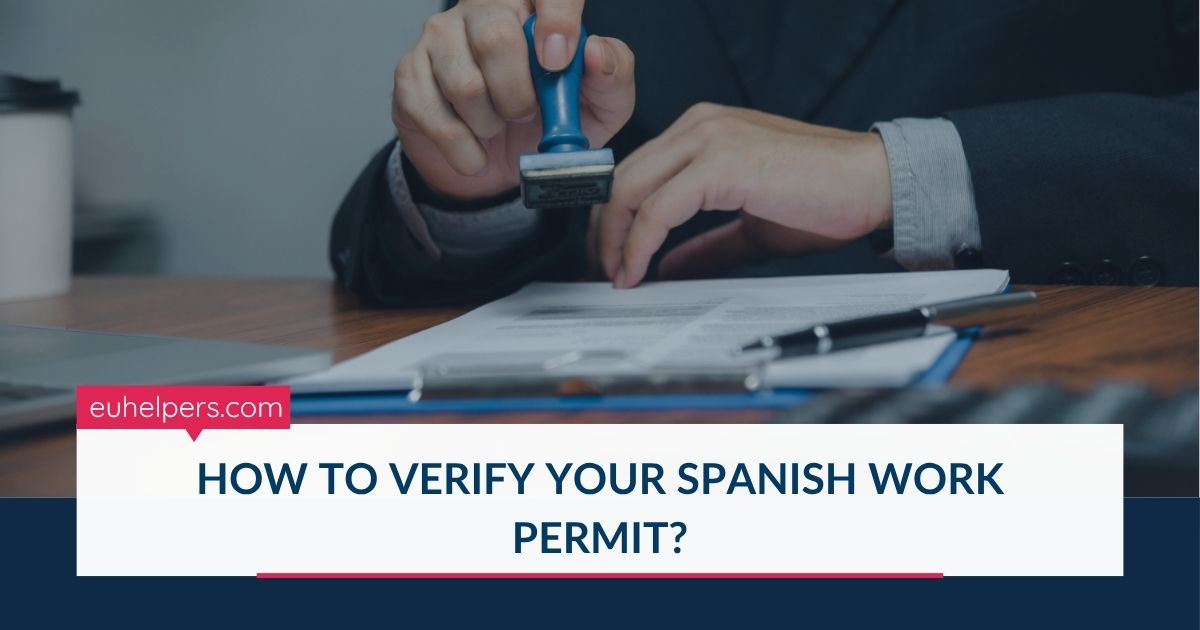
For non-EU nationals working in Spain, having a valid work permit is essential for legal employment. Verifying your permit ensures you are fully compliant with Spanish labor and immigration laws and protects you from potential fraud or misunderstandings.
1. Understand Your Work Authorization Type
Spain issues several types of work permits depending on your profession, employment contract, and sector. Common categories include:
-
General Employment Permits – for standard work contracts.
-
Highly Skilled Professional Permits – for specialized roles.
-
Seasonal Work Permits – for short-term agricultural or tourism jobs.
Knowing your category will help you verify if your permit matches your job role.
2. Check the Physical Permit
A genuine Spanish work authorization should clearly display:
-
Your full name and personal identification details.
-
Your employer’s name and company information.
-
The job title and type of work authorized.
-
Validity dates (start and expiry).
-
Official stamps or signatures from the Ministry of Inclusion, Social Security, and Migration or relevant authority.
3. Confirm with the Spanish Authorities
You can verify your work permit status by:
-
Contacting the Provincial Office of Foreigners (Oficina de Extranjería) in the region where you work.
-
Providing your NIE (Número de Identidad de Extranjero) or application number.
-
Requesting an official confirmation of your permit’s validity.
4. Verify Through Your Employer
Ask your employer to provide:
-
A copy of the approved work authorization issued by Spanish authorities.
-
Proof of registration with the Social Security system—this confirms your employment is officially recognized.
5. Cross-Check in the Social Security System
Once you start work, you can request a certificate from the Tesorería General de la Seguridad Social showing your registration as an employee. This serves as an additional layer of verification.
6. Watch Out for Warning Signs
Possible signs your work permit may be invalid include:
-
Your contract lists a different job than the one authorized.
-
The employer asks you to pay for the work permit (in Spain, this is their responsibility).
-
The permit’s start and end dates do not align with your contract.
7. Keep Copies & Stay Updated
Always keep both physical and digital copies of your work permit, employment contract, and Social Security registration. If your job changes, your permit must be updated—working outside its terms can lead to fines or deportation.
Final Tip:
Verifying your Spanish work permit not only safeguards your legal status but also ensures that your rights as a worker are fully protected under Spanish law. When in doubt, always check with official government offices or seek advice from an immigration lawyer.
